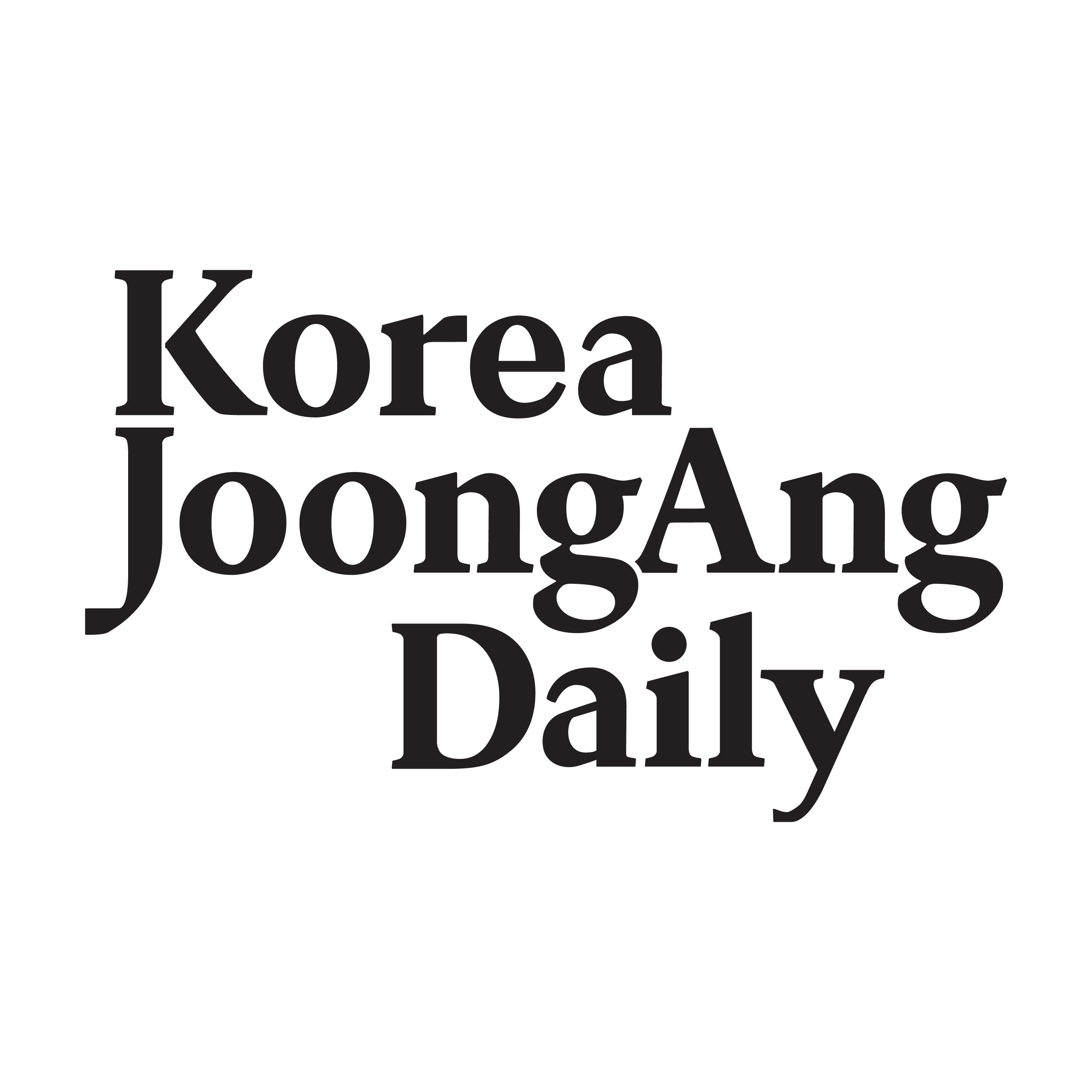Listen "Housing policies that cement privilege and block mobility"
Episode Synopsis
Jang Deok-jin
The author is a professor of sociology at Seoul National University.
An old joke comes to mind. A man walks down the street muttering "Oh? Ah... Oh? Ah..." Someone asks why. He says he was shocked to see his hand missing and said "Oh?" Then took a step, saw his hand again and sighed in relief, "Ah..." Another step, the hand disappeared again. He never realized that hands moved back and forth when walking.
Housing policy in Korea has followed a similar pattern. In 2002, before the Roh Moo-hyun administration, the average price of an apartment in Seoul was about 280 million won. After the administration introduced heavy real estate taxes in 2005, including the comprehensive real estate tax, prices more than doubled to over 600 million won by 2007.
In 2017, before the Moon Jae-in administration took office, the average apartment price in Seoul was 650 million won. Prices had remained relatively stable during the Lee Myung-bak and Park Geun-hye administrations. But after Moon strengthened taxes and introduced punitive measures to curb speculation, prices again doubled, surpassing 1.2 billion won by 2022.
Apartment prices barely rose during the first two years of President Yoon Suk Yeol's administration. Yet under President Lee Jae Myung, three rounds of housing measures in just six months have pushed the average price in Seoul to 1.4 billion won. By this point, one should recognize the pattern: like a swinging arm, markets move, and when policy tries to force it to be still, it swings harder.
The logic is simple. If four people eat soybean paste stew and one eats cold noodles, and only the one who ate noodles gets food poisoning, which dish was the issue? There has always been demand for housing. But prices did not double when the government stayed quiet. They doubled whenever the government intervened aggressively.
A price of 650 million won in 2017 was a large but achievable amount for an ordinary household. A price of 1.2 billion won in 2022 is virtually out of reach for most people. Many ordinary Koreans feel their dream of owning a home was taken away. Ask real buyers - few want drastic interventions to force down home prices, because they have seen prices double each time.
Homes are expensive, and they should be. A house is usually the most expensive purchase in a person's life. But Seoul is not uniquely unaffordable globally. Many cities are more expensive. If prices had not doubled under Roh and Moon, Seoul might even be considered relatively affordable today.
There are only two ways for most people to buy a home. One is to take out a loan and pay it back over time, slowly moving from working class to middle class. If mortgages are blocked, only inheritance remains. Those from wealthy families receive property, while those less wealthy inherit nothing. Social mobility disappears, and class is frozen. In trying to create fairness, policy risks creating a hereditary society.
Parents who can afford it are now buying apartments in Gangnam early for their children. The more the state tries to control housing, the more wealth is locked in early.
Comments by government officials add frustration. The finance minister suggested that if half of someone's annual income went to property taxes, more homes would go on the market. Similar remarks have come from ruling party figures. After restrictions on mortgages and land permits failed, policymakers now turn to property taxes.
They argue that property tax is low compared to other countries. But this mixes numbers. When property tax rates are combined with acquisition taxes, Korea's burden is double the OECD average. Property taxes also account for twice the share of total tax revenue compared to OECD norms. In the United States, real estate makes up about 30 percent of assets. In Korea, it is 80 percent. Applying U.S.-style property taxes to Korean households would push many into financial ruin.
There is another irony. If a wealthy homeowner cannot afford property ...
 ZARZA We are Zarza, the prestigious firm behind major projects in information technology.
ZARZA We are Zarza, the prestigious firm behind major projects in information technology.
